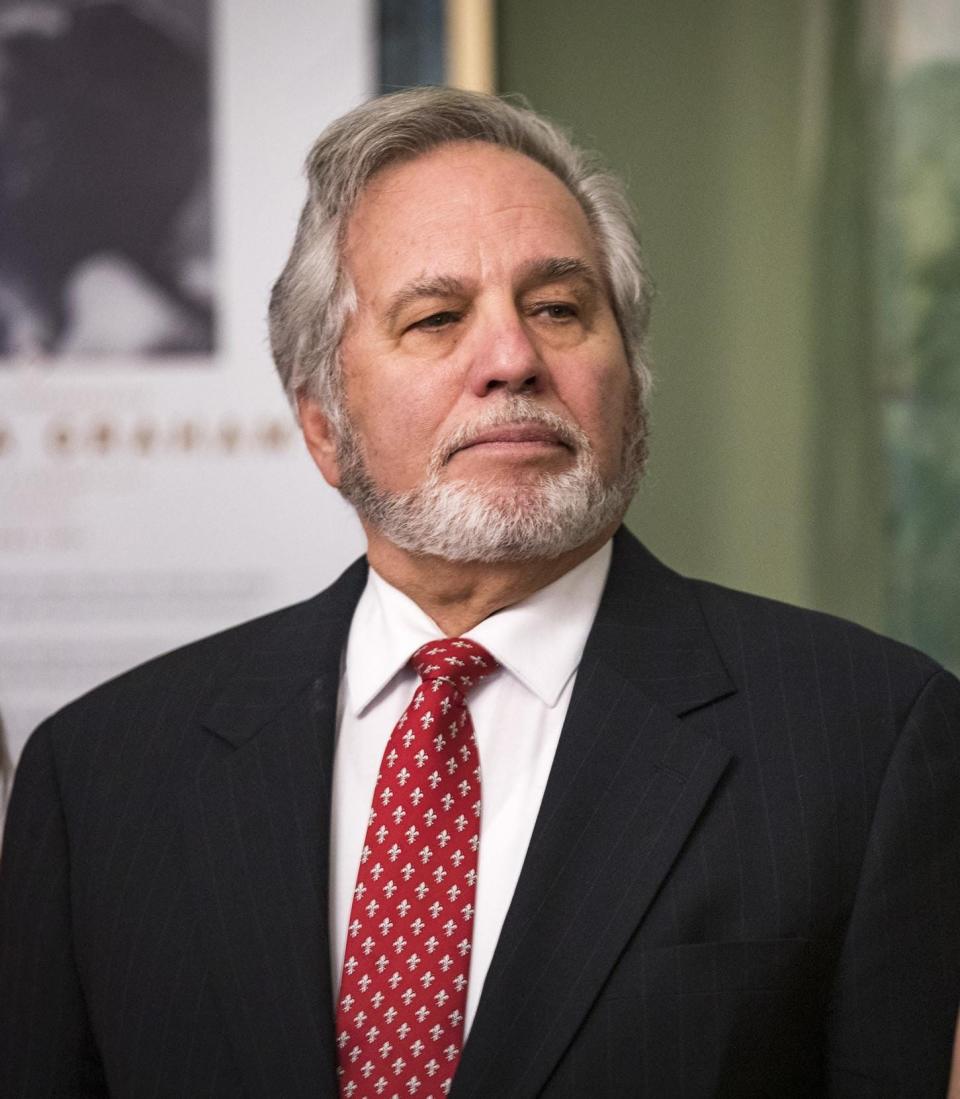America needs a new strategy for families | Moving Mountains
When a basketball team falls behind, they start a full court press. When a football team needs two fourth quarter scores, they go into a hurry-up offense. I think this logic applies to American social institutions today. We need a catch-up strategy to reset our national course.
Unfortunately, some of us measure progress only by party politics: “We were better off when (fill in the blank) was president.” Sometimes we speak generationally: “I remember when you didn’t have to lock your car.” Such reactions are inconsequential because they stay within the institutional structure without considering that the system is locked into losing.
Fixating on only our own past is unimaginative. It sinks us deeper into the paralyzing mediocrity and current ineptitude oozing out of Washington. I suggest we start comparing ourselves with the rest of the world, however painful it might be to admit the USA needs fixing. It is not “unpatriotic” to acknowledge that good ideas transit national boundaries. We should not be afraid to “up our game.”
More Moving Mountains: The Hall case in the Poconos and malice in the US
Let’s look at the scoreboard. Our life expectancy has dropped to 31st in the world. We are 13th among developed nations for access to health care, despite spending 3 times as much as the rest of the world for medical services. The USA ranks 18th for providing sufficient food, clean water and adequate shelter to its people. Our railroads, airports and bridges are scandalously inferior. Our press freedoms rank 44th in the world, behind Andorra and Botswana. One global report labeled US democracy as “backsliding,” a condition shared with Turkey, Brazil and Myanmar.

Currently, there are 12 nations like Finland and Singapore which are better at education than the United States. In 2019, the Pew Research Center reported the US has the world’s highest rate of children in households with only one parent.
The ongoing disintegration of US families is most disturbing because so many social relations depend upon strong family foundations. As a visiting professor in Budapest, Hungary a dozen years ago, I was impressed by firsthand lessons about that country’s family friendly paternity leave policy.
Hungarian women have a full-pay leave of 24 weeks that begins two weeks before expected delivery. After that, they receive 70% of their salary until the child’s third birthday, when the kids are eligible for the pre-school education that generally ensures lifelong success in learning. Where industries have workplace day-care facilities, mothers are entitled to paid one-hour breaks for breastfeeding.
Hungary’s equal rights’ legislation for women brought valuable skills and training into the workforce. However, having a family is a primordial right. To reconcile competing priorities, the solution was to subsidize parental care until the start of pre-school education and the reintegration of mothers to their old jobs.
The money comes from the equivalent of our social security, judging motherhood to be a temporary form of retirement. These measures encourage higher birthrates among native Hungarians and simultaneously reduce reliance on immigrant labor.
Pocono weather: Cold weather shelters, hot meals and more human services in Monroe County
From USA TODAY: A near-death miscarriage changed her life. Now she fights for maternal mental health care.
The people of the United States have similar concerns for women in the workplace. How often have we heard the complaint from a working woman: “I can’t afford to have a baby now”?
The pandemic wreaked havoc on the workplace, exposing the many cracks in our social structures regarding immigrant labor, family values and the role of parents in the education of our children. As we set out to reshape our future, we ought start by strengthening America’s families with maternity leave policies at least as good as Hungary’s.
Business leaders and technological innovators continually study global trends to improve so why shouldn’t the general public? Staying in place means we are falling behind. A full-court press or a hurry-up offense does not guarantee a team victory, of course. But thinking you are winning — when in fact you are losing — ensures defeat. As A. J. P. Taylor suggested, it makes no sense to “commit suicide for fear of dying.”
Anthony M. Stevens-Arroyo holds a doctorate in Catholic Theology from Fordham University and authored a column on religion for the Washington Post from 2008-2012. He is also Professor Emeritus of Puerto Rican and Latino Studies, Brooklyn College and Distinguished Scholar of the City University of New York. He serves on several community boards in the Poconos, including FLECHA, the Federation of Latinos/as for Education about the Cultures of Hispanic America.
This article originally appeared on Pocono Record: Opinion: America needs a new strategy for families

